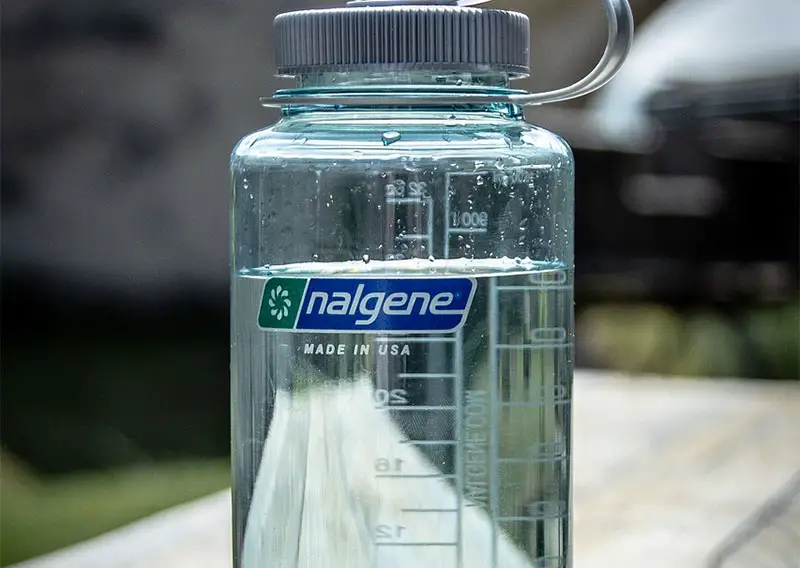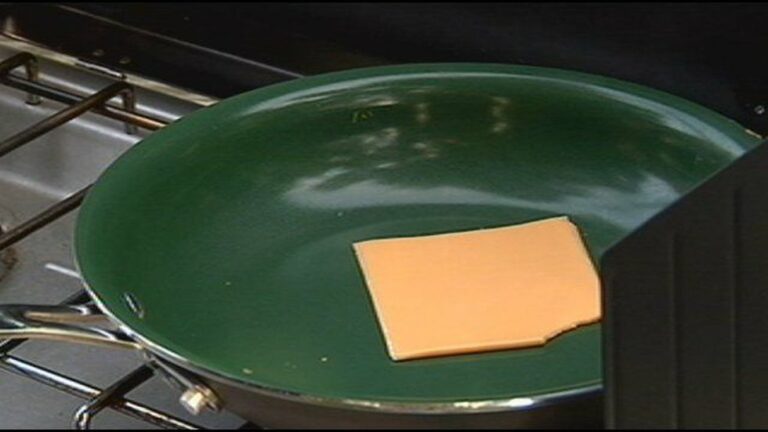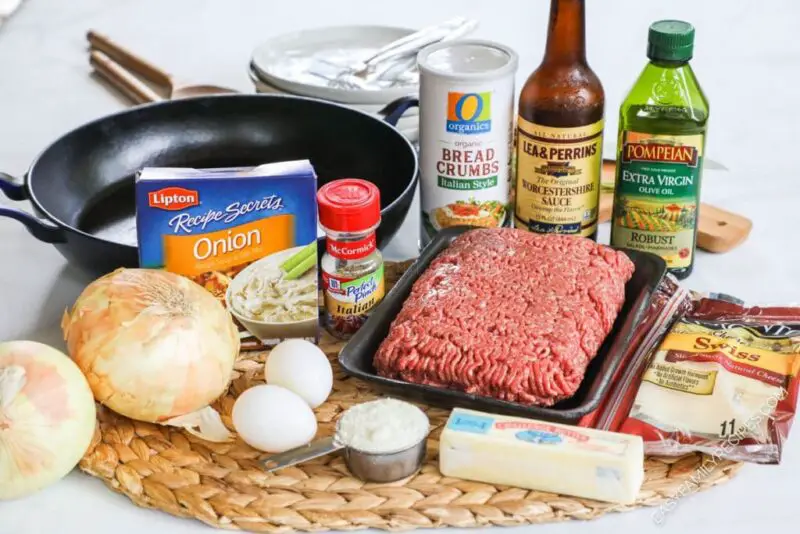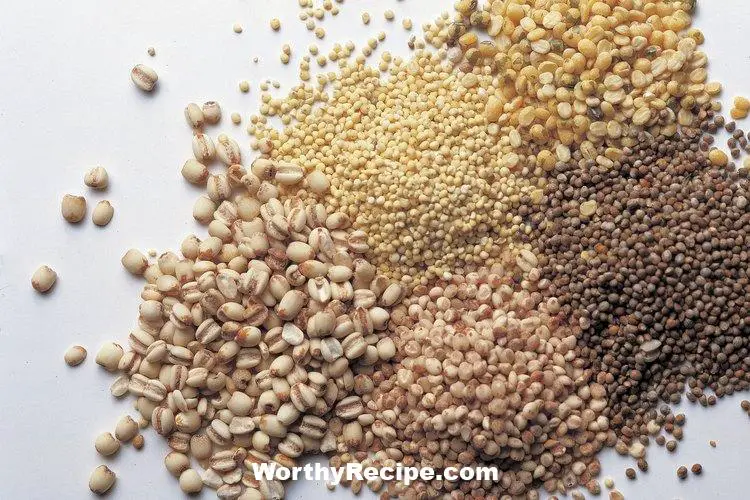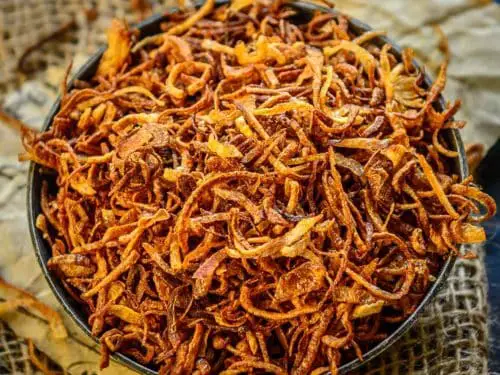Boiling water in a convection oven is a common question among oven owners. While some sources claim that it is possible, others suggest that it may not be the most efficient method. Let’s explore the potential capabilities and limitations of boiling water in a convection oven.
Key Takeaways:
- Boiling water in a convection oven is technically possible but may not be the most efficient or practical method.
- Convection ovens are primarily designed for dry heat transfer, making alternative methods such as stovetops or electric kettles better suited for boiling water.
- Consider the limitations and safety precautions before attempting to boil water in a convection oven.
How Does a Convection Oven Work?
Before we delve into the question of whether boiling water in a convection oven is possible, let’s first understand how these ovens work. Convection ovens operate using a unique mechanism that enhances cooking efficiency and ensures even heat distribution.
Working Mechanism
A convection oven utilizes a fan and exhaust system to circulate hot air throughout the cooking chamber. This constant circulation of hot air facilitates faster and more even cooking. The fan helps to distribute the heat evenly, eliminating hot spots and resulting in consistent food quality.
When you set a desired temperature, the oven’s heating element generates the heat necessary to raise the temperature of the air inside the oven. The fan then pushes this hot air around the food, creating a convection current. This convection current envelops the food, allowing for efficient heat transfer, which contributes to better cooking results.
Overall, a convection oven’s working mechanism is designed to optimize the cooking process and improve the overall cooking experience by achieving faster, more even, and consistent results.
| Advantages of Convection Ovens | Disadvantages of Convection Ovens |
|---|---|
|
|
The Science Behind Boiling Water
When it comes to boiling water, understanding the science behind it can shed light on whether it’s feasible to achieve this in a convection oven. Water boils at around 212°F (100°C) at sea level, regardless of the cooking method used. This means that a convection oven, which can generate temperatures high enough to boil water, technically has the capability to do so. However, there are other factors to consider.
Convection cooking is primarily designed for heat transfer through dry air, which may not effectively transfer heat to the water. The primary goal of a convection oven is to circulate hot air evenly around the food, ensuring faster and more even cooking. While the oven’s temperature may be sufficient to reach the boiling point of water, the dry air might not efficiently transfer heat to the water, resulting in a prolonged boiling time or inconsistent results.
Moreover, the efficiency of boiling water in a convection oven depends on various factors, such as the type of heat transfer, the container used, and the materials of the oven. Heat transfer through dry air may not be as efficient as using a direct heat source, like a stovetop. Other methods, such as using an electric kettle or boiling water on a stovetop, are specifically designed for heating liquids and are more effective and reliable for achieving the desired results in a shorter time.
Factors Affecting Boiling Water in a Convection Oven
When it comes to boiling water in a convection oven, several factors can influence the process. Understanding these factors can help determine the efficiency and effectiveness of using a convection oven for this purpose.
Heat Transfer
Heat transfer plays a crucial role in boiling water in a convection oven. Unlike stovetops or direct heat sources, convection ovens primarily rely on heat transfer through dry air. While the hot air in the oven can reach high temperatures, it may not transfer heat to the water as effectively as a direct heat source would.
Water Container
The type and quality of the container used for boiling water in a convection oven can significantly impact the process. A suitable container for oven use should be able to withstand high temperatures without warping or cracking. It’s important to choose a container made of heat-resistant materials that can safely handle the heat generated in the oven.
Oven Materials
The materials used in the construction of the oven can also affect the boiling of water. Different materials have varying heat conductivity, which can impact how efficiently the oven transfers heat to the water. Ovens with better heat conductivity may provide faster and more consistent boiling results.
| Factor | Effect on Boiling Water in Convection Oven |
|---|---|
| Heat Transfer | May not be as efficient as direct heat sources. |
| Water Container | Choose a heat-resistant container suitable for oven use. |
| Oven Materials | Materials with better heat conductivity may provide faster boiling results. |
In conclusion, boiling water in a convection oven is possible but may not be the most efficient or practical method. Factors such as heat transfer, the water container used, and the oven materials can impact the boiling process. It’s important to consider these factors and exercise caution when attempting to boil water in a convection oven.
Alternative Methods for Boiling Water
While boiling water in a convection oven may not be the most practical option, there are alternative methods available that are much more efficient and reliable. Here are two popular alternatives:
Stovetop
The traditional stovetop method remains the go-to option for boiling water. With direct heat applied to the bottom of a pot or kettle, water can reach its boiling point quickly and efficiently. Stovetops are specifically designed for heating liquids and provide a high level of control over the boiling process. Whether you have a gas or electric stovetop, both are well-suited for boiling water, making it a convenient and time-saving option.
Electric Kettle
Electric kettles have gained popularity in recent years as a fast and convenient way to boil water. These appliances are specially designed to heat water quickly and efficiently. With the push of a button, electric kettles can bring water to a boil in just a matter of minutes. They also often come equipped with safety features such as automatic shut-off, making them a reliable and fuss-free option for boiling water.
Both the stovetop and electric kettle methods offer efficient and reliable ways to boil water, ensuring that you have hot water readily available for various cooking or beverage needs.
| Method | Efficiency | Convenience | Safety Features |
|---|---|---|---|
| Stovetop | High | Requires monitoring | Depends on stovetop type |
| Electric Kettle | High | Convenient and automatic | Automatic shut-off |
Safety Precautions when Boiling Water in a Convection Oven
If you decide to attempt boiling water in a convection oven, it’s essential to prioritize safety. Here are some key safety tips to keep in mind:
- Choose a suitable water container: Ensure that the container you use for boiling water in the oven is designed for high temperatures and oven use. Glass or heat-resistant materials are generally recommended.
- Use oven mitts or heat-resistant gloves: When handling hot containers or removing boiling water from the oven, protect your hands by wearing oven mitts or heat-resistant gloves. This will help prevent burns or accidents.
- Place the container properly: Make sure to position the water container securely in the oven to avoid spills or tipping. Use oven-safe dishes with flat bottoms to ensure stability.
- Be cautious when removing boiling water: When taking the hot container out of the oven, be careful to avoid splashing or spilling the boiling water. Slow and steady movements are key to preventing accidents.
By following these safety tips, you can minimize the risk of injuries or accidents while boiling water in a convection oven. Always prioritize your well-being and take the necessary precautions to ensure a safe cooking experience.
| Safety Precautions when Boiling Water in a Convection Oven |
|---|
| Choose a suitable water container |
| Use oven mitts or heat-resistant gloves |
| Place the container properly |
| Be cautious when removing boiling water |
Conclusion
After examining the potential capabilities and limitations of boiling water in a convection oven, we have reached a conclusion. While it is technically possible to boil water in a convection oven, it may not be the most efficient or practical method. Convection ovens are primarily designed for heat transfer through dry air, which may not effectively transfer heat to the water.
Factors such as the type of heat transfer, the container used, and the materials of the oven can impact the efficiency and effectiveness of boiling water. Heat transfer through dry air may not be as efficient as using a direct heat source, like a stovetop. Therefore, alternative methods such as using a traditional stovetop or an electric kettle are better suited for boiling water, providing faster and more reliable results.
Considering the limitations and safety precautions involved, it is important to make an informed decision before attempting to boil water in a convection oven. Safety measures include using a suitable water container that can withstand high temperatures and using oven mitts or heat-resistant gloves when handling hot containers or removing boiling water from the oven. By weighing these factors, you can determine the most efficient and safe method for boiling water in your kitchen.
FAQ
Q: Can you boil water in a convection oven?
A: While it is technically possible, boiling water in a convection oven may not be the most efficient or practical method. Alternative methods such as stovetops or electric kettles are better suited for boiling water.
Q: How does a convection oven work?
A: Convection ovens use a fan and exhaust system to circulate hot air evenly around the food. This constant circulation of hot air ensures faster and more even cooking.
Q: What is the science behind boiling water?
A: Water boils at around 212°F (100°C) at sea level, regardless of the cooking method used. Convection cooking, primarily designed for heat transfer through dry air, may not effectively transfer heat to the water.
Q: What factors affect boiling water in a convection oven?
A: The type of heat transfer, the container used, and the materials of the oven can impact the efficiency and effectiveness of boiling water. Heat transfer through dry air may not be as efficient as using a direct heat source like a stovetop.
Q: What are the alternative methods for boiling water?
A: The traditional stovetop method or using an electric kettle are much more efficient and reliable for boiling water. These methods are specifically designed for heating liquids and provide faster results.
Q: What safety precautions should be taken when boiling water in a convection oven?
A: Ensure that the water container is suitable for oven use and can withstand high temperatures. Additionally, use oven mitts or heat-resistant gloves when handling hot containers or removing boiling water from the oven.
